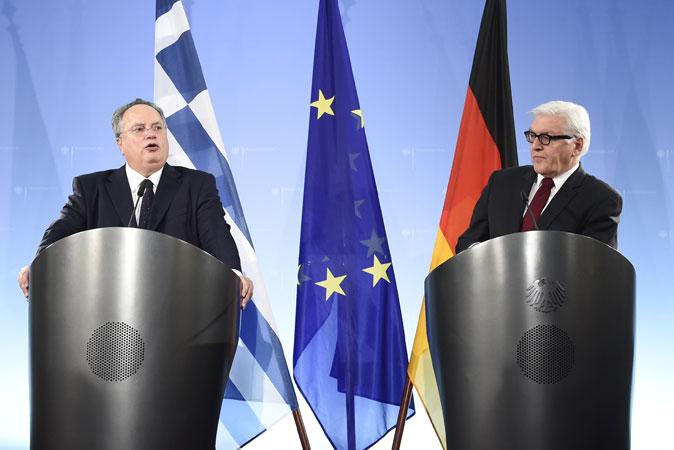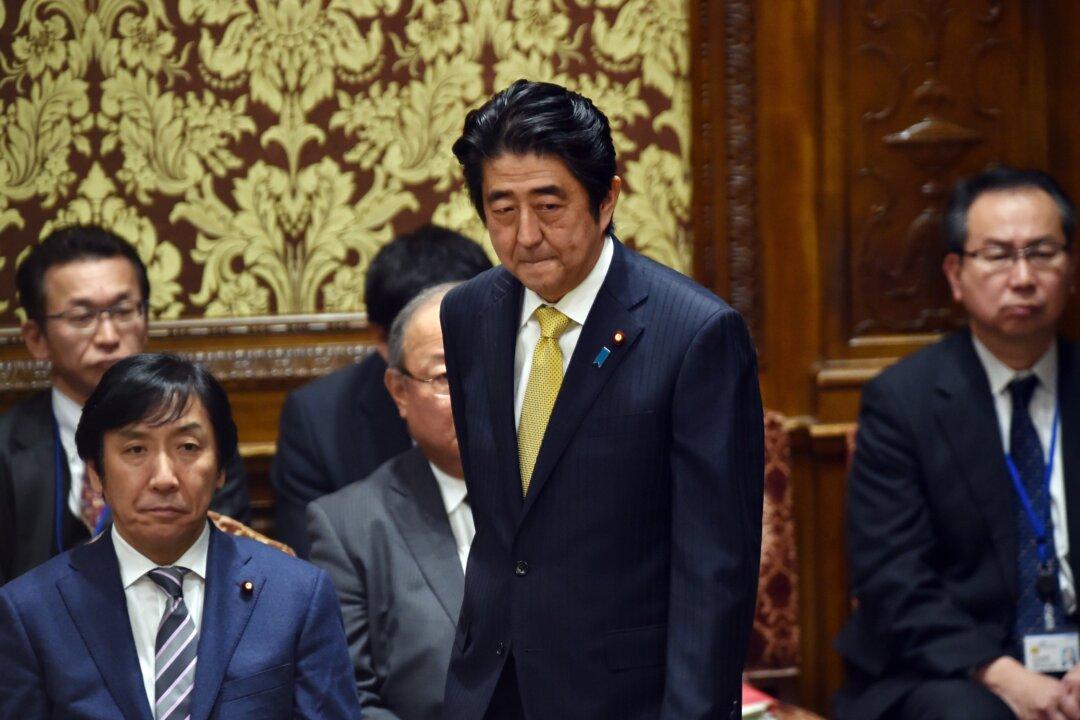Video Transcript
Ben Sheen: Hello and thank you for joining us. My name is Ben Sheen and I’m one of Stratfor’s managing editors. And I’m joined here today by Matt Powers, our director of research.
Matthew Powers: Thanks for having me.
Ben: Great to have you here Matt. And today we’re going to be talking a little bit about the historical origins of Thanksgiving itself, which is obviously widely celebrated it in the United States. And although we’re a global company, Stratfor’s actually based in Austin, Texas, and many of our employees here in Austin will be going to see their friends and family for Thanksgiving. But as always at Stratfor, we never look at anything at face value. There are deeper reasons, political, geographical, that feed into Thanksgiving. So what actually makes somebody leave their home country, in this case England, and travel overseas?
Matthew: Well, a lot of this comes down to why people came to what became America. A lot of people came just for purely for financial reasons, they wanted to try and turn profit and the New World seemed like a good place to do that. One of the things that really made New England distinct from other colonies in the New World was that a lot of people came with their families and tried to build a new life here like a long-term new settlement. And this was often because of religious reasons, not exclusively, but people in England began to feel unsure of the direction that their country was going. They weren’t sure that the English church was moving in the right direction, and these were, in America we learned they were Puritans. These were Protestants who wanted to reform the Church of England and make it, as they would have seen it, more protestant, more correct.
Ben: And they felt a threat from Catholicism at the time didn’t they?
Matthew: Yes. And this was because the kings of England in the early 17th century, James I and Charles I, were seen by many of the more zealous protestants as either Catholic or at least Catholic sympathizers. And a lot of this came from the kings of England looking at their geopolitical position, looking at the situation in Europe and seeing that the two most likely threats to England came from France or Spain, which were both Catholic at this time. If you were the king of England a very reasonable option would be to ally with one of those countries against the other one. This is a very typical realist move. Charles I of England, when he was married into the French royal family, this was a very, this caused a lot of concern within English Protestants.
Ben: And that was a dumb thing at the time wasn’t it, to actually marry in between the permanent families of the countries of France, Germany, Spain?
Matthew: Yeah, and so to the kings of England this was just how it was done. The royal families marry into other important royal families for political reasons and to secure the dynasty in various ways. But to a lot of the people in England who were hearing news from the continent, this looked like just further pulling England down the wrong path away from Protestantism towards Catholicism or some sort of pseudo-Catholicism.




